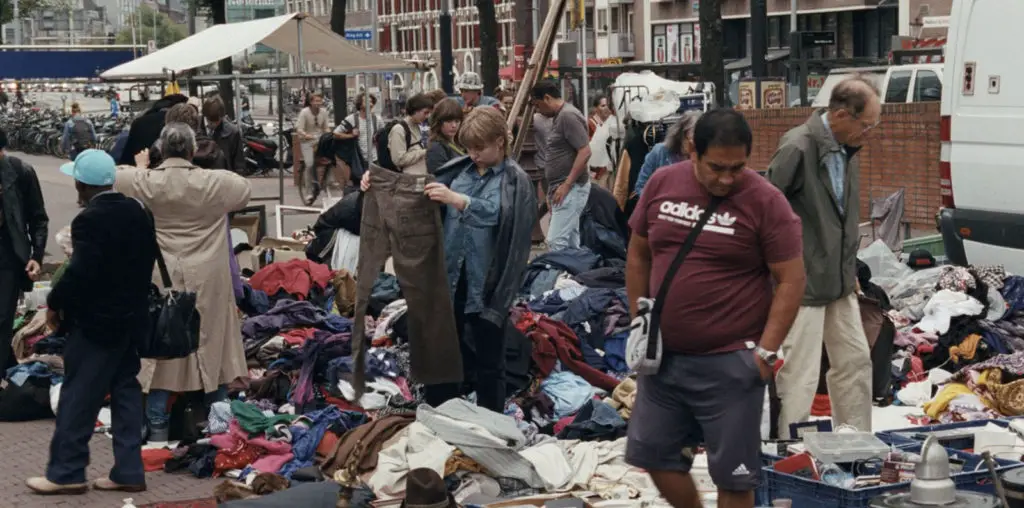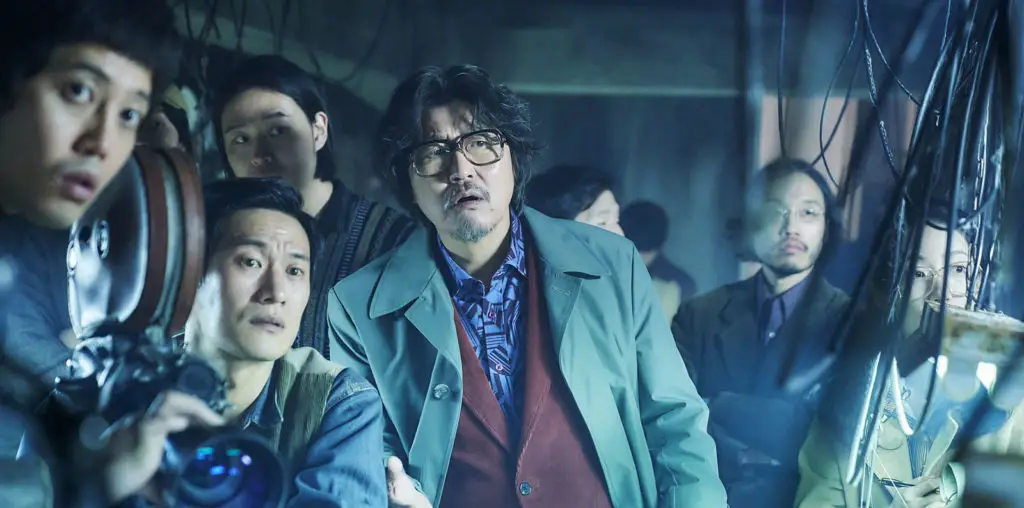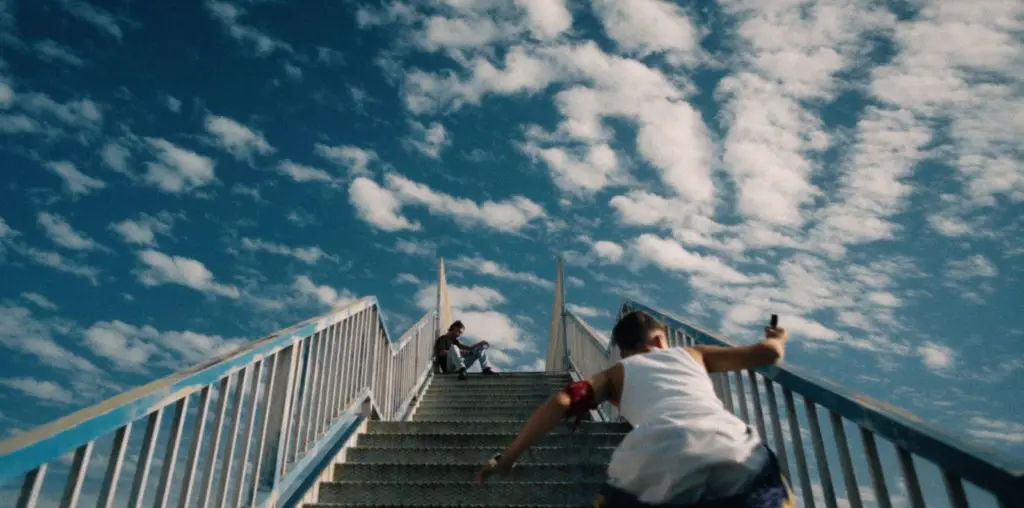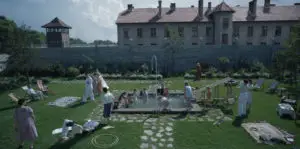
The Zone of Interest is a portrait of Auschwitz commandant Rudolf Höss (Christian Friedel) based on Martin Amis’s eponymous novel. Amis’s book substituted the real Höss and his family for the thinly fictionalized Dolls, but Glazer has switched this back in favor of an exacting study of the historical figures. Albeit one suffixed with the cautious disclaimer that it remains a work of fiction, “not based on anyone living or dead.”
Höss was a dedicated Nazi and a keen architect of Hitler’s Final Solution. The film mostly takes place between 1943 and 1944, when he was promoted to oversee a massive increase in prisoner transports from Hungary, amounting to a concerted and rapid liquidation of Nazism’s internal enemies. This is what we are witnessing in Glazer’s horror film, as spellbinding marginalia to the daily lives of an otherwise normal family.
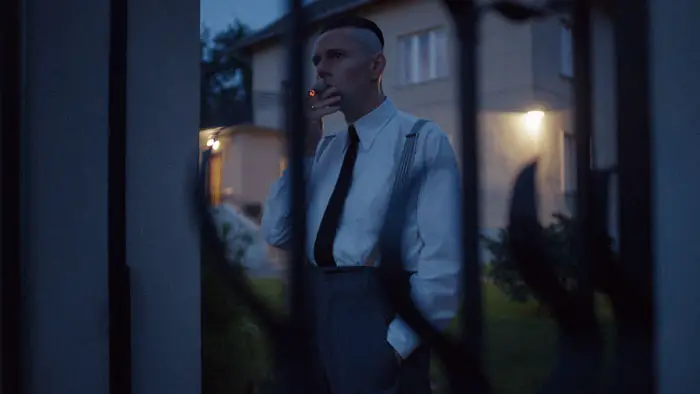
“…architect for Hitler’s Final Solution…he was promoted to oversee a massive increase in prisoner transports from Hungary…”
Höss’s promotion requires that they move back to Germany. This upsets his wife Hedwig (Sandra Hüller) who has grown attached to their life and its benefits. In the opening scene, she tries on a fur coat, admiring it in a mirror and then feeling along the hem. We cut to a servant being ordered to fix the lining, and we are left to guess at what Hedwig tore out and the story of who hid it there. Her distress at the prospect of leaving their fine house and well-developed garden forms a rich and horribly ironic drama, given the thousands of desperate prisoners next door.
Glazer’s film is marked by supremely judged restraint. The details of extermination are ever present but frequently rendered into the frame so subtly that it is almost essential to watch this film in a cinema, where these awful nuggets can be panned out of the stream of images more easily. The magisterial compositions of Glazer and his cinematographer Lukasz Zal were shot digitally, with natural lighting and no background music, so they and the cast have a lot of heavy lifting to do. A great deal of the photography borrows the Kubrickian trait of center framing, with the architecture dominating and isolating the actors, highlighting the tragic theme of subordination, whether to ideas or to the zealots who deliver them.
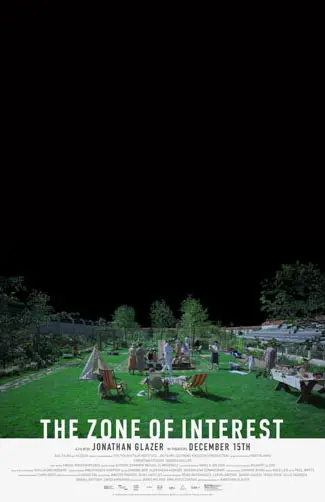
"…easily joins the canon of sublime war movies..."
